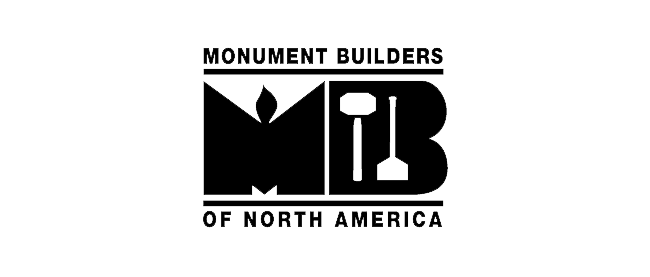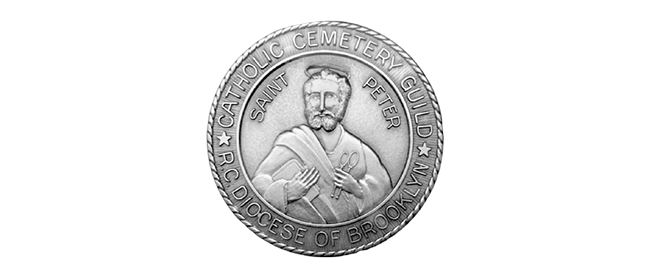Losing a Sibling: What You Should Know

At St. Charles Monuments, we’ve been helping our Long Island community in times of grief for over fifty years. Of course, over the years we’ve provided monuments for those experiencing losses of considerable pain and hardship. No loss is easy, and we make it our mission to try and ease the inherent distress of grief as much as we can. There are numerous popular guidelines regarding different kinds of loss. However, there are some losses that don’t quite receive the same level of attention.
One of these is the death of a sibling. Within the literature of bereavement, studies on losing a brother or sister are shockingly rare. Obviously, losing a sibling can be equally as painful and disorienting as any other loss. Therefore, in this post we’ll discuss what you should know in the event of a sibling’s death.
1. Sibling Grief Is Severely Misunderstood
Like we said: there is a shockingly inadequate amount of research on this particular subject. There are likely very few (if any) sibling loss support groups or respectable books on the topic. Therefore, everyone from parents to friends, family and even counselors have extremely limited insight into the experience of losing a sibling.
Of course, this kind of insufficient study means that very few people understand what it’s like or how the loss can affect us. In fact, it’s likely that the only people with useful insight are those who have actually lost a brother or sister. Usually, when someone’s sibling passes, all of the focus is on the parents or spouse. Obviously, this is understandable, as losing a child is generally considered the most unspeakably painful experience. However, the brother or sister who grew up alongside them is also going through unique trauma and hardship.
2. Younger Siblings May Develop Long-Term Disorders
Usually, any child who loses a sibling undergoes an instant loss of innocence. This kind of firsthand experience with death can mean a lifetime of trying to understand and process it. It can also be very traumatic. Unfortunately, this kind of trauma often results in long-term issues that can affect us in the future.
A child who loses a sibling may grow up with heightened fear and anxiety. In addition, it’s likely they may develop an unreasonable fear of sickness or of a similar death. Children or teenagers dealing with this kind of loss should receive an outlet for processing it effectively.
3. Like Any Loss: Let Yourself Feel It
While losing a sibling may be one of the more unique losses, how you should deal with it is not. Of course, grief and bereavement are the most unbearable feelings. Therefore, it’s critical to cope with them in a healthy way.
Obviously, there’s no finite, one-size-fits-all way to deal with the loss of somebody. However, with any loss it’s essential to allow yourself to experience the pain of grief without guilt or shame. Also, it’s important not to try and limit your feelings to a specific time frame. Feel it as long as you need to in order to effectively process the loss. Don’t let anyone (including yourself) tell you that you should be “over it” at a certain point. There is no getting over it. But there is learning to live your life and move on without forgetting them or suffering forever.
Conclusion
Every time we lose a loved one, it’s a uniquely painful moment in our lives. Losing a brother or sister is no exception. This kind of death has been generally overlooked. However, like any loss, we can eventually learn to live our lives without unbearable sorrow in its wake.
No matter what your relationship may have been, at St. Charles, we’re always here to create a stunning, enduring tribute to your loved one. As a monument company, we take pride in crafting headstones that beautifully reflect our loved ones’ legacies.





